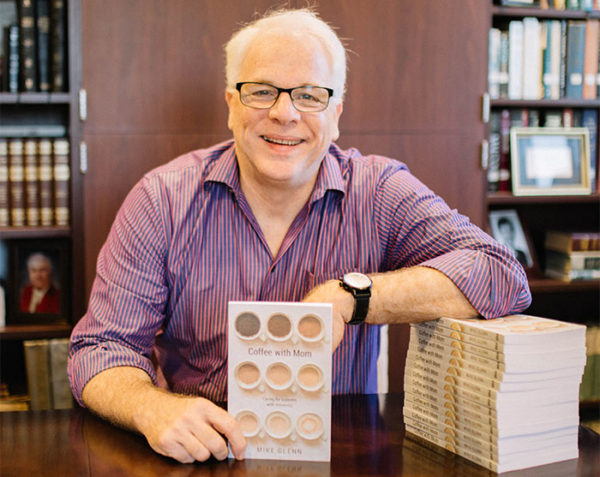When was the last time you heard a sermon on gluttony?
“It’s been a while,” said Wade Rooks, minister of recreation and senior adults at First Baptist Church, Centre, in Cherokee Baptist Association.
Although many Alabama Baptists believe gluttony is a sin, few have heard it mentioned in a sermon, much less used as an entire sermon topic. A random questioning of two dozen churches around the state points to a plausible reason: Only a handful of ministers have preached on the subject.
“No, I haven’t preached on gluttony as a whole sermon,” said Gary Hollingsworth, pastor of First Baptist Church, Trussville.
“I know I’ve made the comment that gluttony can be as much of a sin as any other,” he said. “I don’t think God categorizes sin, but different sins have different consequences for us.
“A sexual sin may have very different consequences than gluttony, and murder has different consequences than leaving off your quiet time in the morning,” Hollingsworth continued. “The Scripture that talks about our body as a temple of the Holy Spirit (1 Cor. 6:19–20) means we should do everything to take care of our bodies. How we use our bodies is a witness to the world, so we should do everything we can to keep it in the best shape we can.”
Most Southern Baptists probably rank gluttony at the bottom of their “sin” list, if it’s on that list at all.
For anecdotal evidence, look around the sanctuary on Sunday morning at the number of overweight people or observe the amount of sweets and starches consumed during Wednesday night suppers, church picnics and after-church socials.
When confronted with the idea that gluttony might be just as big a sin as adultery or cheating on their income tax, most church members would bristle with indignation.
“If you get into that, you get into the hierarchies of sin,” said Mike King, associate pastor of First Baptist Church, Opelika, in Tuskegee Lee Baptist Association. “Bottom line, sin is sin. We need to be careful what we put into our bodies, whether it’s alcohol, food or whatever.
“People use food as an emotional pain reliever, so yeah, it is an obsession, and it can be just as dangerous as any other obsession. If Christ is in first place in your life, though, everything else will be in balance.”
Scott Reynolds, minister of education of First Baptist Church, Tuscaloosa, agreed with King. “We categorize sins, and that’s wrong,” he said. “As a minister, I want to say to folks that we should make sure we’re following all of God’s rules.
“Folks are overweight for multiple reasons, some by gluttony, some by a chemical imbalance. I don’t want to categorize obesity as a sin; I want to focus on spiritual health. One of the things that will come from that is physical health in a multitude of (body) sizes.”
Out of the dozen ministers who responded to phone calls and e-mails made by The Alabama Baptist, Gary D. Fenton, pastor of Dawson Memorial Baptist Church in Homewood (Birmingham Association), is in the minority of those who have actually preached a sermon on gluttony.
“The heart of the sermon was the idea that always craving more, thinking that more of anything will bring us something, is idolatry,” Fenton said. “Sins of the flesh like adultery and lust are forms of a desire to find our worth by meeting a human desire rather than by trusting God.
“Our bodies are to be used for the glory of God, and anything we do that limits our usefulness for God is a sin.”
Fenton believes that the person who limits his personal ministry and effectiveness through overeating is missing the mark, and that is what sin really is. “But the person who never overeats, who exercises properly and never uses his health for the glory of God, misses the mark as well.”





Share with others: